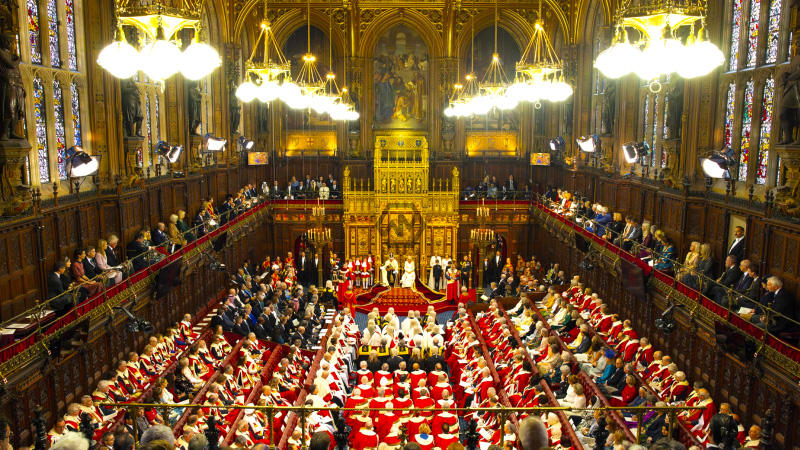- Labour MP Kim Johnson to propose amendment against the benefit cap.
- SNP seeks Labour support to end the two-child benefit cap.
- Opposition to Labour’s policy from various parties and organizations.
Labour leader Keir Starmer is dealing with significant opposition from within his party over the two-child benefit cap policy. Labour MP Kim Johnson has announced plans to table an amendment to the King’s Speech to abolish the cap, while SNP Westminster leader Stephen Flynn expects some Labour MPs to back an SNP amendment with the same aim. Despite this internal dissent, the likelihood of these amendments passing is low due to Labour’s majority in the House of Commons.
John O’Connell, chief executive of the TaxPayers’ Alliance, criticized the King‘s Speech for lacking bold measures to address pressing issues. He highlighted that while there were some positive promises on planning, the overall agenda was filled with what he considered low-priority issues and “vacuous virtue signaling.” Meanwhile, Liberal Democrat Leader Ed Davey emphasized his party’s commitment to fixing the NHS, improving GP numbers, and addressing social care challenges.
Labour’s Legislative Agenda Faces Scrutiny
Labour’s proposed legislative agenda, introduced by King Charles III, includes 40 new bills addressing various issues such as bus service reform, junk food advertising, and workers’ rights. The speech marked the first King’s Speech under a Labour government in 14 years, reflecting the themes of the party’s recent election manifesto. Although Starmer is in a strong position, the detailed implementation of his plans could lead to voter frustration.
Outside Parliament, anti-royal protesters from the group Republic voiced their dissent against King Charles as he departed, though they were met with counter-support from members of the public. The contrasting reactions highlight the ongoing debate over the monarchy’s role in modern Britain.
The Labour Party’s legislative proposals also faced criticism from the TaxPayers’ Alliance. John O’Connell argued that the agenda lacked substantive solutions to address critical issues, focusing instead on what he described as “nakedly disastrous proposals” such as a race equality bill and a smoking ban. This critique underscores the broader challenge Labour faces in balancing progressive initiatives with pragmatic governance.
Liberal Democrat Leader Ed Davey expressed his party’s intention to closely scrutinize the government’s plans. He emphasized the need to address the ongoing crises in the NHS, particularly in boosting GP numbers, reducing delays in cancer treatment, and improving access to dental and pharmaceutical services. Davey also stressed the importance of increasing the Carer’s Allowance and resolving social care issues.
Despite the diverse reactions to the King’s Speech, Labour remains focused on implementing its comprehensive legislative agenda. The government’s ability to navigate internal dissent and external criticism will be crucial in determining the success of its proposed reforms.
“Taxpayers will be deeply disappointed by a legislative programme that fiddles with everything while fixing nothing.”
– John O’Connell, TaxPayers’ Alliance.



